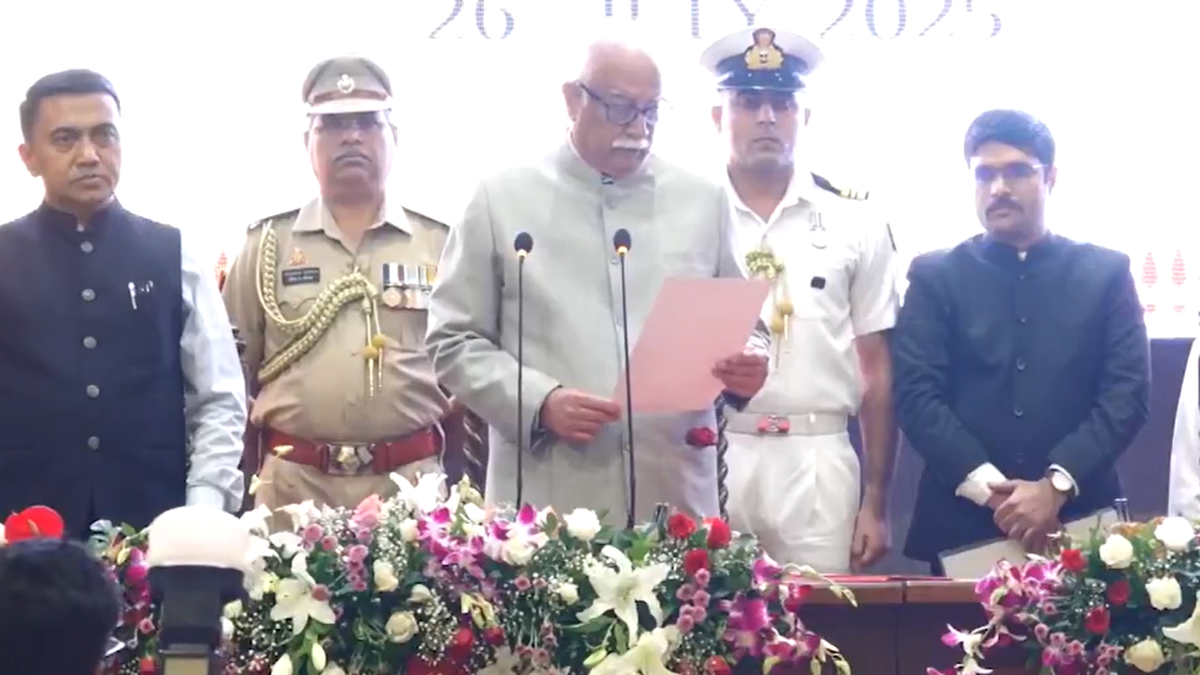Now Reading: Ashok Gajapathi Raju Sworn in as Goa Governor
-
01
Ashok Gajapathi Raju Sworn in as Goa Governor
Ashok Gajapathi Raju Sworn in as Goa Governor

Rapid Summary
- Former Union Minister Ashok Gajapathi Raju was sworn in as the new Governor of Goa on July 26, 2025, succeeding P.S. Sreedharan Pillai.
- The oath-taking ceremony took place at Raj Bhavan, administered by Bombay High Court Chief Justice Alok Aradhe.Goa Chief Minister Pramod Sawant and other dignitaries attended.
- Mr. Raju, a veteran Telugu Desam Party (TDP) leader, is 74 years old and has extensive political experience:
– Served as Civil Aviation Minister from May 2014 to March 2018.
– Held ministerial posts in the Andhra Pradesh goverment.
– Was a seven-time legislator in Andhra Pradesh before state bifurcation.
- In his address at the event, Mr.Raju emphasized teamwork and democratic participation: “If people don’t work with the government, democracy suffers.”
- He expressed optimism for India’s progress: “India will be second to none in the world.”
- Outgoing Governor P.S.Sreedharan Pillai had held office for four years and was given a farewell on July 24.
Indian Opinion Analysis
The appointment of Ashok Gajapathi Raju as Goa’s Governor highlights continuity within India’s framework of governor assignments-a role intended to uphold constitutional integrity above partisan politics. His extensive political background brings valuable experience to this position; however, transitioning from active politics to gubernatorial responsibilities often requires striking a delicate balance between prior affiliations and expected neutrality.
With Mr. raju stressing teamwork and collaboration between citizens and government, fostering unity could prove meaningful for Goa’s development journey under his tenure. His remarks underscore an intention for inclusivity which aligns well with democratic principles-notably vital in states that are culturally diverse or linguistically distinct from their appointed governors.For India broadly,such appointments reiterate the importance placed on experienced leadership steering symbolic roles that can directly influence regional governance narratives while emphasizing national aspirations of collective forward momentum.
Read more: Full Article






















